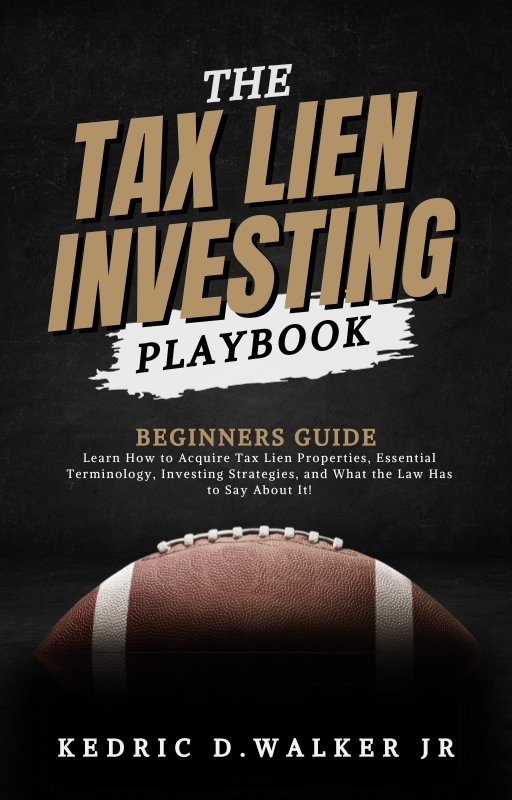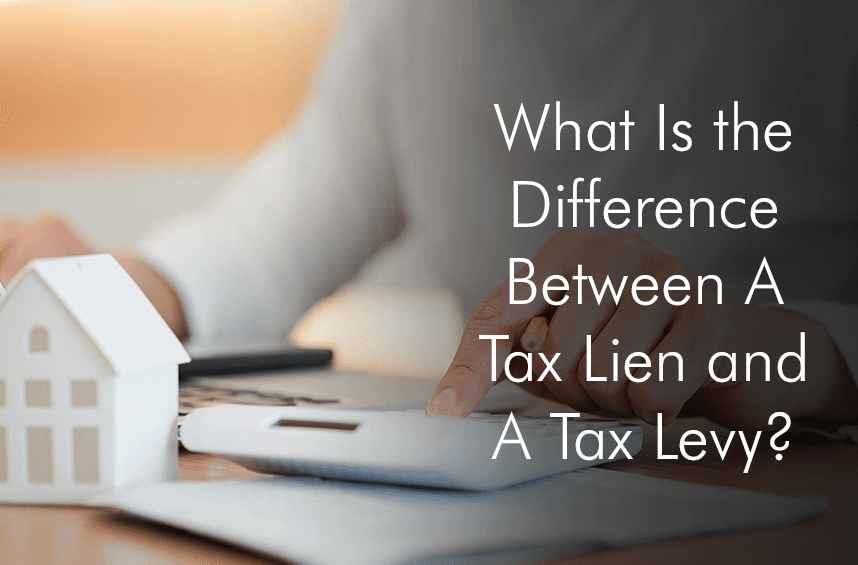All Categories
Featured
Table of Contents
In most cases, you will certainly have to outbid other investors by using to pay a higher premium (what is tax lien real estate investing). This premium is normally less than the real amount of tax obligations owed, but it's up to the financier to choose if the danger deserves the collection benefit. In a lot of places, real estate tax are around one percent of the property's value

Tax obligation lien capitalists make their money on the interest repayments they collect when the homeowner pays back the tax obligations they owe. In some areas, these passion rates are as high as 18 percent, which is greater than the ordinary bank card rates of interest. Residential property owners can pay what they owe simultaneously, or they can take place a settlement strategy ranging from one to 3 years.
Learn Tax Lien Investing
In the above instance, someone with an exceptional tax financial debt of $4k (2 years of back tax obligations) would be providing a tax lien owner with potentially approximately $720 in passion settlements, functioning with the 18 percent passion price we pointed out previously. One of the best advantages to tax obligation lien capitalists is the possible to obtain a brand-new residential property for their property portfolio, without needing to pay its market price.

This is a strategy that numerous investor use to obtain underestimated residential or commercial properties or distressed homes. And if the homeowner does pay their financial debts, they will certainly still make an earnings in the form of rate of interest. It's a win-win circumstance for the tax obligation lien capitalist. There are some cons to tax obligation lien investing.
As soon as the lien is paid, the capitalist must move on and look for a new investment. Naturally, if the residential or commercial property owner is still in default, the lien owner will obtain the building, which can come to be a recurring resource of earnings. A person who purchases a tax obligation lien might locate themselves knotted with other liens on the property, specifically if they end up declaring the residential property on the occasion that the debt goes unsettled.
This could lead to whole lots of lawful fights, which is why it is necessary to deal with lawyers and tax obligation advisors that comprehend things like act vs title. and can assist with carrying out due persistance on a home. The laws around tax obligation lien investing (and relevant issueslike foreclosing on lessees) are not consistent throughout states that use investors the ability to join a tax lien sale.
Considered that tax obligation liens are frequently cost auction, completing bidders will certainly bid up the premium and bid down the passion price that can be accumulated on the overdue tax obligations. The winner of the public auction will be the actual estate investor that is paying the highest costs and obtaining the lowest rates of interest in return.
Tax Lien Investing Reddit
In this capillary, tax lien investing is a little bit extra sport-like than traditional easy ways of making revenue. The initial thing you'll wish to do is get aware of the location you're thinking about in terms of the property market. Bear in mind that one benefit of ending up being a lienholder is accumulating the building if the debt goes unpaid, so you will certainly require to recognize where that residential or commercial property is.
When you've identified these details out, you require to call your regional area treasurer's office to locate out when and where the next tax lien public auction is being held. These auctions are usually held in individual, yet in today's day and age, a lot of have transitioned to on the internet venues.

The majority of regional documents release these checklists annually or semiannually. Bear in mind that residential or commercial property taxes are usually one percent of the building value, yet unpaid tax obligations gathering over a number of years could be a much more sizable quantity.
Investing In Real Estate Tax Liens
it has actually the included perk of acquiring the building if the debt continues to be overdue. While it can be a financially rewarding possibility for the investor, it does need some tactical maneuvering. Tenants and residential or commercial property proprietors do have lawful securities that make tax obligation lien spending a more involved process than simply bidding to purchase a financial debt and waiting to collect the settlement.
Buying tax obligation liens entails purchasing a lawful case on a building due to unpaid building taxes. This technique of investing has acquired appeal because of its potential for high returns with fairly reduced preliminary resources. Tax liens are usually offered at auctions, and the procedure can vary relying on the area.

Investors seek out tax obligation liens for several factors: 1. Reduced Preliminary Financial investment: Tax lien investing typically needs a tiny amount of cash to start, making it available to a vast variety of financiers.
How To Do Tax Lien Investing
Residential property Procurement: If the residential or commercial property proprietor falls short to pay the overdue taxes and interest within the redemption duration, the financier might have the right to seize and obtain the home. When investors purchase a tax obligation lien, they pay the past due tax obligations on a property and receive a tax obligation lien certificate.
There are two potential outcomes: 1. Payment by the Building Owner: The home owner settles the overdue taxes plus passion within a specified duration, and the investor receives the settlement with passion. This is the most common outcome. 2. Foreclosure: If the property proprietor does not pay back the taxes within the redemption duration, the capitalist can initiate foreclosure proceedings to obtain the property.
The self-directed Individual retirement account acquisitions the lien certification and pays connected costs. Tax Lien: The government sells a lien on the residential or commercial property due to unsettled tax obligations.
Tax Lien Investing Colorado
Tax obligation Act: The government offers the actual action to the property at public auction. The winning bidder obtains ownership of the property promptly. Some states utilize a hybrid method, where a lien might result in an action sale otherwise paid off. According to the National Tax Obligation Lien Association (NTLA), 36 states and 2,500 jurisdictions within the United States permit the sale of tax liens, while just 31 states permit tax act sales.
Latest Posts
How To Buy Homes That Owe Back Taxes
Properties With Tax Liens Near Me
Tax Foreclosures List